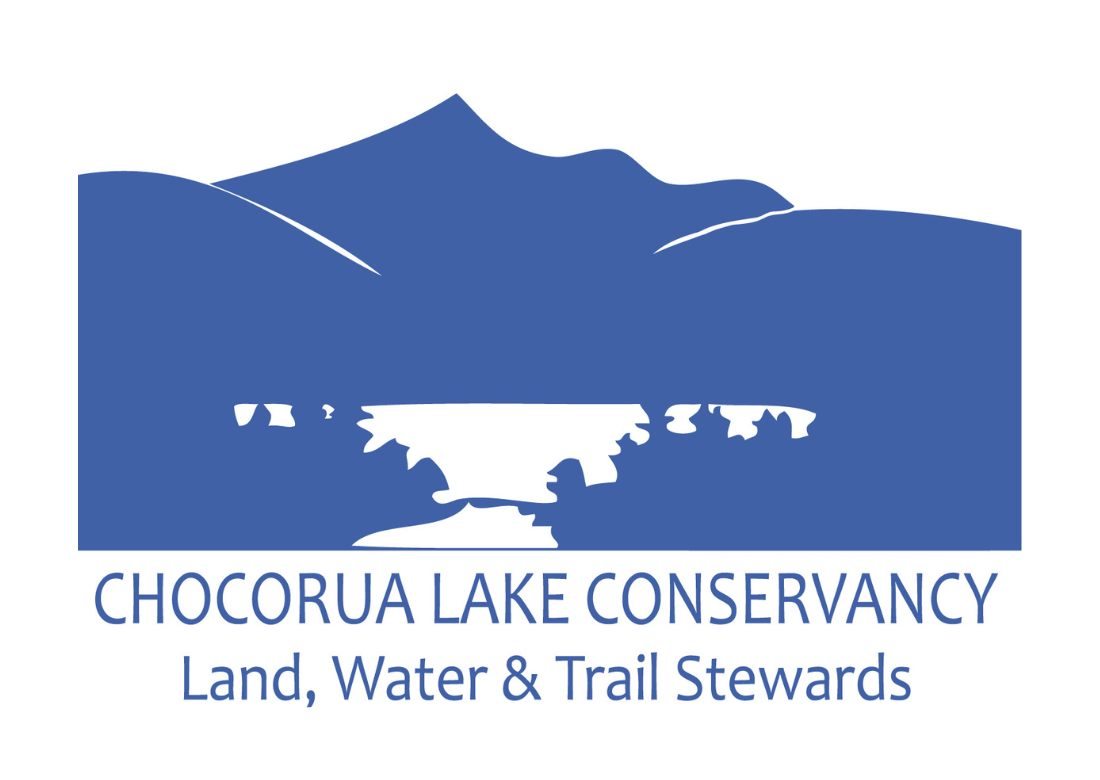What rodent increases biodiversity wherever they spend their time, creates habitat for myriad other species, provides housing for other animals, shelters fish, and offers nesting sites for birds on the “rooftops” of their homes? Come find out!
Please join Chocorua Lake Conservancy Stewardship Director Debra Marnich on Saturday, November 19 from 10AM-12:30PM for “Beavers: Essential Ecosystem Engineers,” an outdoor workshop at the CLC’s Moose Meadows, a beaver-enhanced habitat. We will celebrate the wonders of North America's largest rodent, the beaver, Castor canadensis. We will discuss the life cycle of the beaver, their family ties and connections, the beaver lodge, how beavers modify and create their habitat, why beavers are essential to the landscape, and what happens when you remove beavers from a landscape. Beavers are mostly nocturnal, but we will search Moose Meadows for signs of beaver, and hope to have a peek at the beaver lodge near Moose Meadows. Please dress for the weather and temperature, bring snacks, water, and sturdy waterproof or rubber boots, as the field is almost always flooded. Please wear a blaze orange item of clothing. Families are welcome with supervised kids ages 6 and up; the terrain may be wet and rough, possibly challenging for littler ones.
This program is free; the CLC welcomes donations in support of its work. Please register in advance at below—space is limited, and we want to be able to let you know of changes to the schedule. Rain date will be Saturday, December 3. Parking will be at Stoney Brooke Sawyers; you’ll receive detailed instruction in your registration confirmation email.
CLC Stewardship Director Debra Marnich holds a BS in Zoology and an MS in Forestry. Her major interests and professional focus areas include combining wildlife and forestry practices to manage for both sound silvicultural and optimum wildlife habitat, creating early successional and bird nesting habitat, pollinator habitat creation, promoting small diverse farms local food production/agriculture, promoting land conservation and protection, environmental education, and integrating all resources concerns to create a balanced conservation system.
Image courtesy of McGill Library via Unsplash

